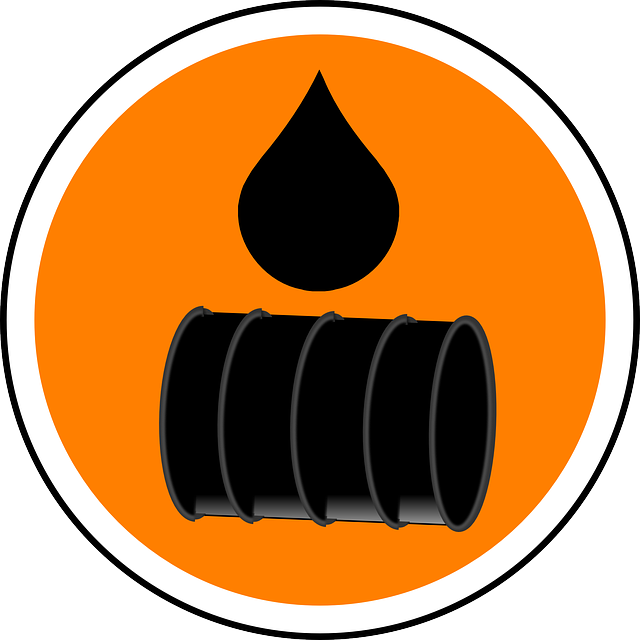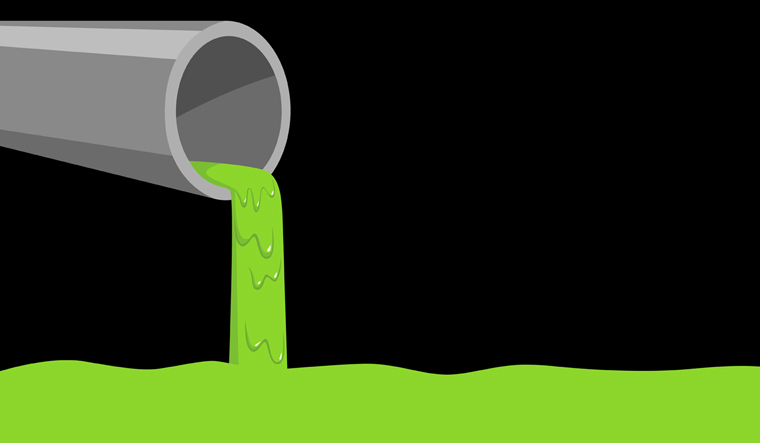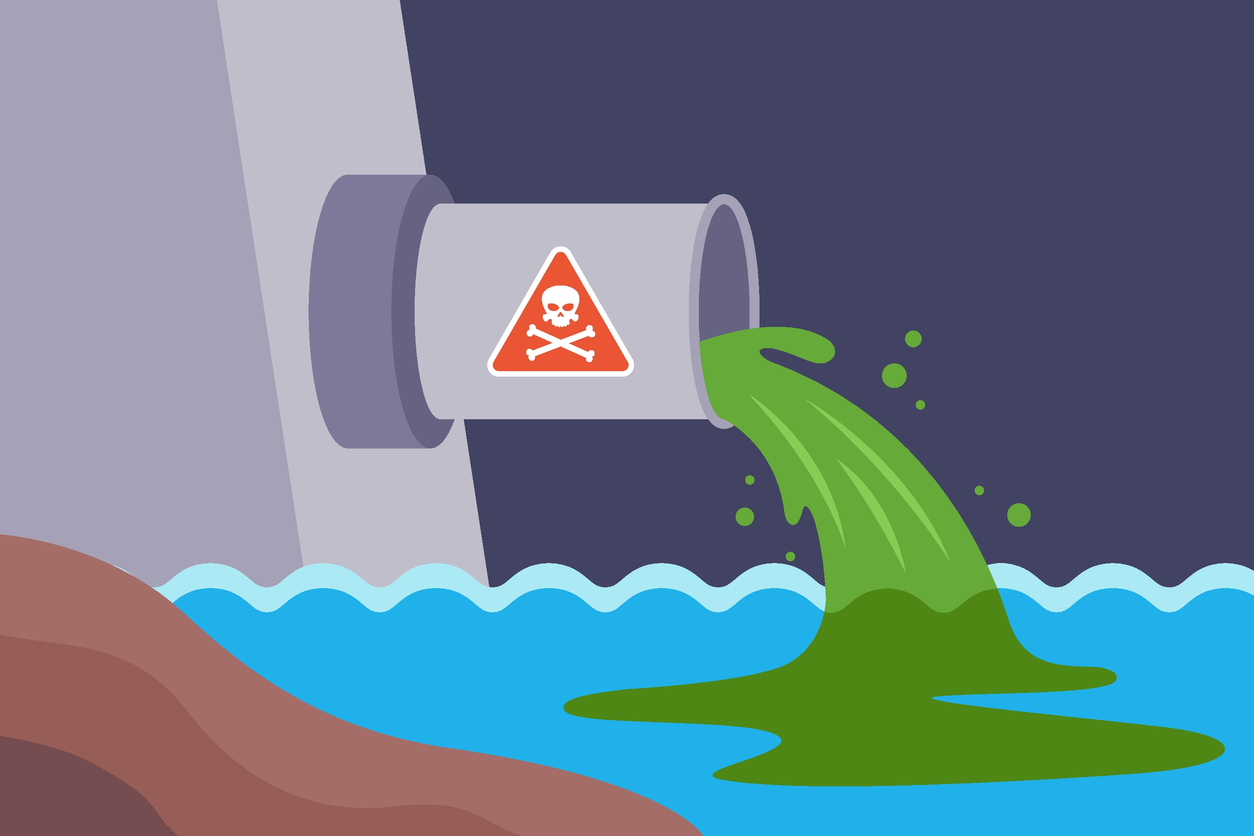Trusted Liquid Waste Disposal Melbourne: Safe and Effective Services
Trusted Liquid Waste Disposal Melbourne: Safe and Effective Services
Blog Article
Exactly How Liquid Garbage Disposal Works: A Thorough Overview of Techniques and Technologies Used

Review of Fluid Waste Kind
The intricacy of liquid waste types demands a detailed understanding of their features and implications for disposal. Liquid waste can generally be categorized right into a number of kinds, including industrial, community, agricultural, and contaminated materials. Each classification exhibits unique buildings, needing details monitoring methods to alleviate ecological and health and wellness risks.
Industrial liquid waste originates from producing processes and frequently consists of a range of impurities, such as hefty steels, solvents, and organic compounds. Local liquid waste, largely making up wastewater from families and commercial establishments, contains natural matter, nutrients, and microorganisms (industrial wastewater treatment). Agricultural liquid waste, including drainage from ranches, may have fertilizers, chemicals, and pet waste, positioning risks to water top quality and ecosystems
Unsafe liquid waste is characterized by its poisoning, reactivity, or possible to create harm. Understanding these varied liquid waste types is vital for establishing efficient disposal methods and making sure compliance with environmental laws.
Physical Treatment Approaches

Screening is the preliminary action, where larger bits and debris are eliminated from the liquid waste utilizing displays or grates. In sedimentation tanks, much heavier bits settle at the base, creating a sludge layer, while the made clear liquid can be more treated.
Purification is another crucial technique that involves passing the liquid through permeable products, such as sand or membrane layers, to capture smaller bits. This step improves the quality of the liquid, making it ideal for subsequent therapy procedures.

Chemical Treatment Methods
Chemical therapy techniques are crucial for effectively managing fluid waste, specifically in dealing with dissolved and colloidal impurities that physical methods might not adequately eliminate. These techniques make use of numerous chemical representatives to counteract, precipitate, or change hazardous compounds into less damaging types.
One common approach is coagulation and flocculation, where chemicals such as alum or ferric chloride are added to advertise the aggregation of put on hold bits. This process improves sedimentation, enabling less complicated removal of the resulting sludge. In addition, oxidation processes, using agents like chlorine or ozone, are utilized to break down intricate natural substances and pathogens, providing the waste safer for discharge or more treatment.
Neutralization is another critical method, which readjusts the pH of acidic or alkaline waste streams to neutral degrees, stopping possible damage to downstream systems and the setting. In addition, advanced oxidation procedures (AOPs) make use of combinations of oxidants and ultraviolet light to break down persistent toxins, achieving a greater level of treatment efficiency.
Organic Treatment Procedures
Biological treatment processes play a vital role in the management of fluid waste by utilizing bacteria to decompose raw material and decrease impurity degrees. These procedures can be generally classified into anaerobic and cardio therapies, each using over here details microbial neighborhoods to attain reliable waste degradation.
Cardio treatment entails making use of oxygen to help with the malfunction of natural materials by bacteria. This process is commonly applied in activated sludge systems, where aeration containers give a conducive environment for microbial growth, bring about the oxidation of natural contaminants. The resultant biomass can be divided from treated effluent via sedimentation.
On the other hand, anaerobic therapy occurs in the lack of oxygen, relying upon different microorganisms to break down natural issue. This approach is particularly helpful for high-strength waste, as it creates biogas, a renewable resource resource, while lowering sludge production. Technologies such as anaerobic digesters are often utilized in commercial and community applications.
Both anaerobic and cardiovascular organic treatments not only lessen the ecological influence of fluid waste yet likewise assist in source recovery, making them vital elements of lasting waste monitoring methods. Their effectiveness, efficiency, have a peek here and versatility support their extensive application across numerous sectors.
Emerging Technologies in Disposal
Innovative approaches to liquid garbage disposal are quickly evolving, driven by developments in technology and an enhancing focus on sustainability. Amongst these arising modern technologies, membrane bioreactors (MBRs) have gained traction for their capacity to integrate organic treatment with membrane layer filtration, causing top notch effluent that can be reused in different applications. MBRs allow smaller footprints and much more efficient operations compared to standard systems.
Another encouraging growth is using anaerobic food digestion combined with nutrient recuperation innovations, which not only deals with liquid waste however additionally creates biogas and recoups useful nutrients like nitrogen and phosphorus. This dual benefit improves source effectiveness and minimizes environmental effect.
Additionally, progressed oxidation procedures (AOPs) are being taken on for the destruction of complex natural contaminants. These methods make use of effective oxidants and stimulants to damage down pollutants at the molecular degree, using an extremely reliable solution for difficult read the full info here waste streams.
In addition, the assimilation of artificial intelligence and maker learning in waste administration systems is maximizing functional efficiency and predictive maintenance, bring about decreased prices and improved ecological compliance. These modern technologies reflect a significant shift in the direction of more sustainable and effective fluid waste disposal practices.
Verdict
In final thought, reliable liquid waste disposal requires a thorough understanding of numerous strategies and innovations. By continuously progressing these techniques, it becomes possible to attend to the growing obstacles connected with liquid waste, eventually contributing to environmental security and source recovery.
Liquid waste disposal is an important element of environmental monitoring, needing a detailed understanding of numerous techniques and modern technologies customized to various waste types. Liquid waste can extensively be categorized into numerous types, including commercial, community, agricultural, and harmful waste. Agricultural liquid waste, including overflow from ranches, might include plant foods, pesticides, and animal waste, posing dangers to water top quality and communities.
Different physical treatment approaches play an important function in managing liquid waste properly - industrial wastewater treatment.In final thought, effective fluid waste disposal necessitates a thorough understanding of various methods and modern technologies
Report this page